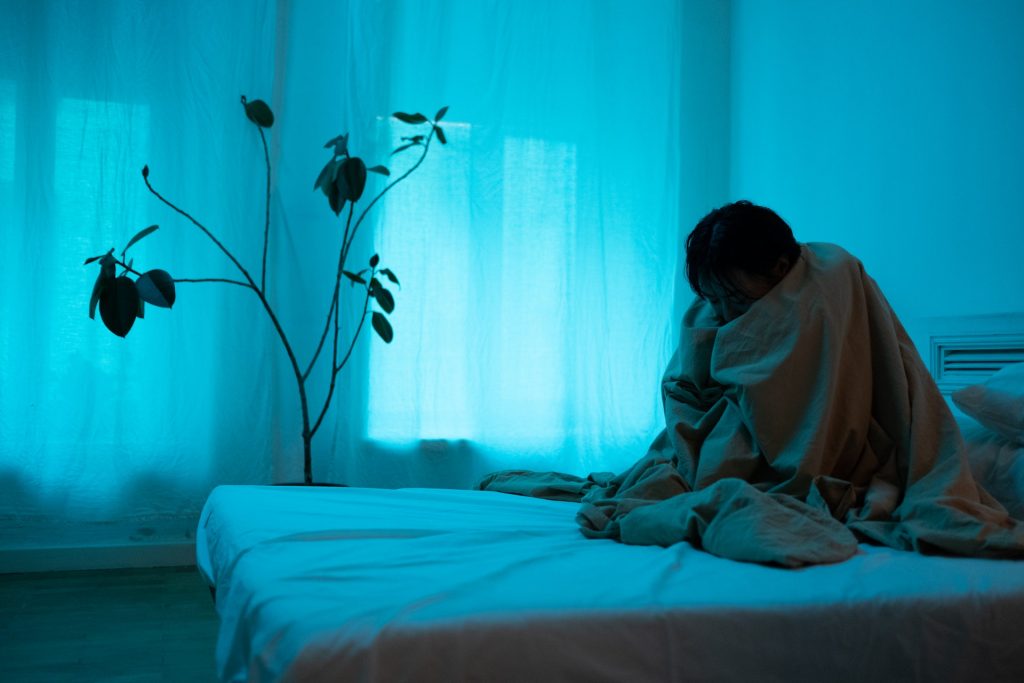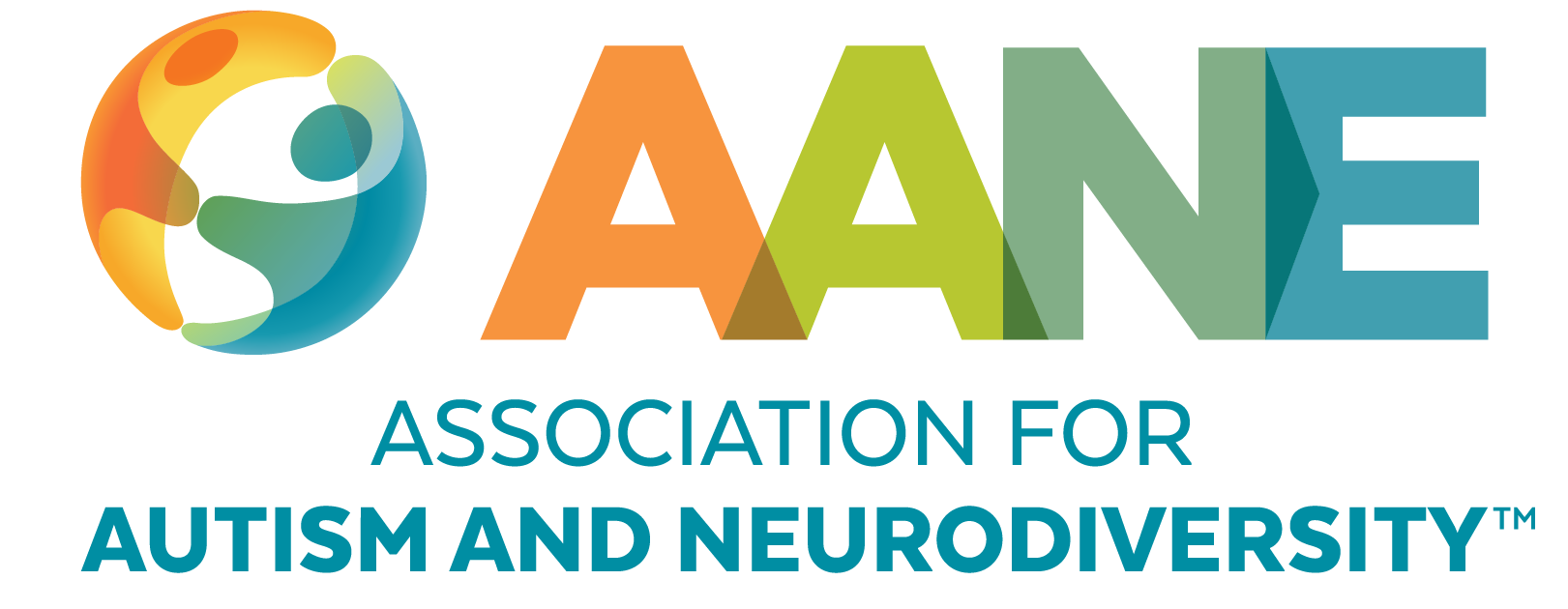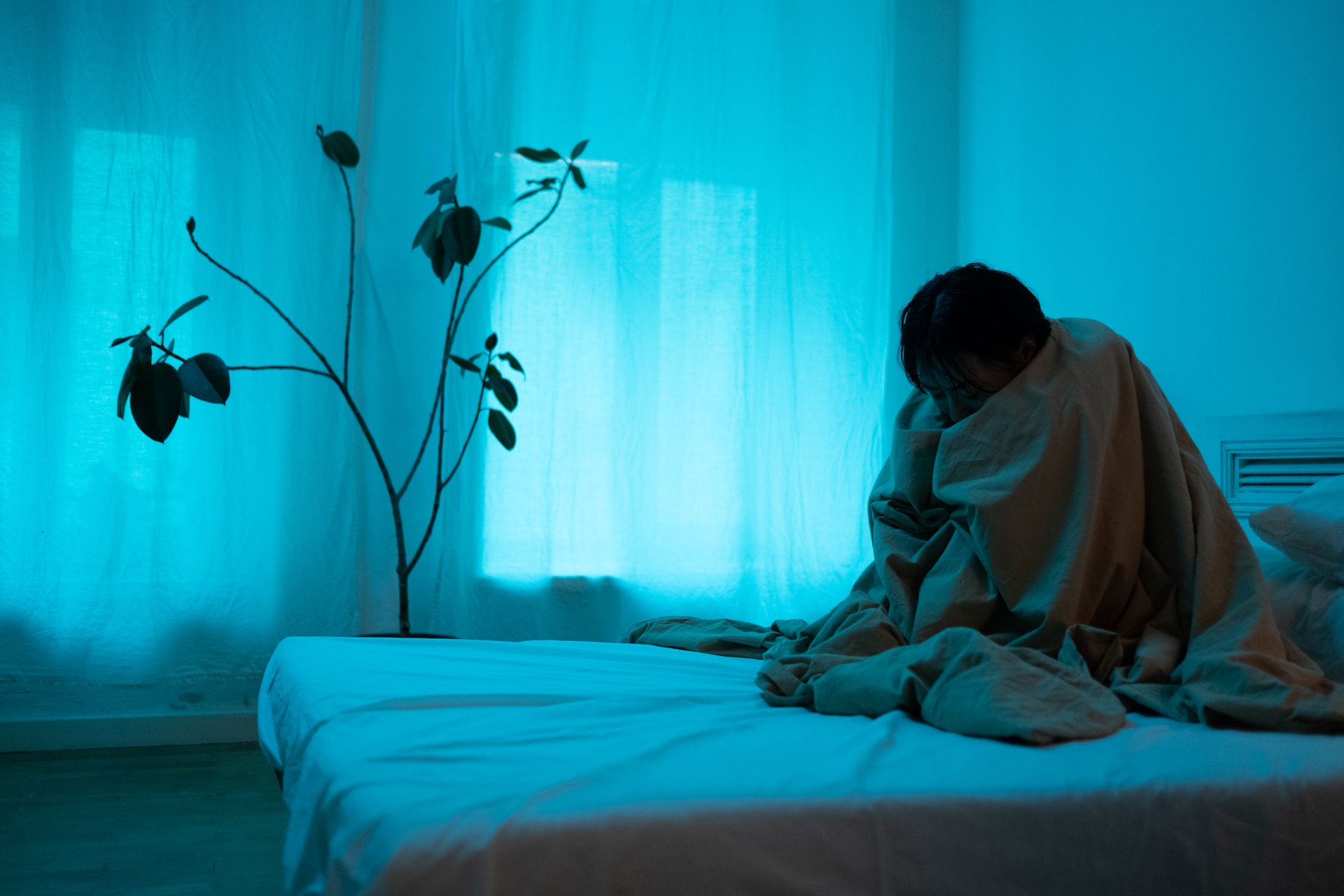
Autism and Depression
About the Author
Brenda Dater, MSW, MPH, is the executive director at AANE and the author of Parenting Without Panic. Brenda is a mom of three, and her eldest is an Autistic transgender woman. Brenda has facilitated parent support groups for over 20 years and thoroughly enjoys creating an environment where parents can find the support, information, and the community they need.
If you are experiencing an emergency, contact 911 or go to your nearest emergency department.
Additional Crisis Resources:
988 National Suicide and Crisis Lifeline:
- Dial 988 (For TTY Users: Use your preferred relay service or dial 711 then 988)
- Nacional de Prevención del Suicidio: (888) 628-9454
- Chat Online
The Trevor Project (LGBTQ+ support): 1-866-488-7386

Warning: This article discusses an experience of severe depression and suicidal ideation.
When my Autistic daughter, Rachel, was 24, she told me she didn’t want to live. For the past year, she had been in and out of the hospital for three different autoimmune diseases and cancer. Each time she went to the doctor, she learned of a new diagnosis or treatment she would need to undergo. This was not the life she imagined for herself, and she didn’t believe that it would get better.
Even before these health challenges, she struggled with major depression and was very familiar with and accessed treatment options. In her senior year of college, she told her dad and me that she needed to take a leave of absence from school and come home. She wasn’t able to sleep, concentrate on her work, or go to activities she had enjoyed previously. When her depression was at its worst, there were days she couldn’t do anything but pet our dog for comfort.
I am so grateful Rachel recognized that she needed help, we had access to mental and physical health care, and she was open to trying therapy and medication. Over the course of two years, she found medication that helped lift her persistent depression. Today, Rachel sees a future for herself, and she wants others to know there is hope. She encouraged me to share her story of depression so that others who are living similar lives know they are not alone.
Increased Incidence of Depression in Autistic People
I recently read that Autistic people are 4 times more likely to experience depression over the course of their lives than non-Autistic people. I am not surprised by this statistic. I see how much energy and effort it takes Autistic individuals to engage in a world not designed with them in mind. Autistic folks are often expected to be the ones to change in order to meet societal norms. They report to us how fatiguing and disheartening it is to feel constantly misunderstood or excluded. That’s why it’s so critical to have spaces where Autistic people can share their authentic selves without judgment and receive validation from others who have similar experiences.
Depression may look different for Autistic individuals than it does for non-Autistic people. Instead of reporting feelings of sadness, Autistic people may experience more insomnia or restlessness. Recommended strategies that can be helpful like mindfulness, exercising, and reaching out to help others, which all require more energy, may not be accessible once depression has settled in. When Rachel was in the grips of depression, she couldn’t see a way for her life to improve. Her negative thoughts would take up a lot of real estate in her brain and there wasn’t room for a different perspective.
But once her depression began to lift, some of the common strategies were extremely helpful to her. She spent more time outside in the sunshine going for walks. She started volunteering at our local food pantry. She started reading more for pleasure. All these activities reminded her that the negative thoughts and ruminations she was having weren’t the whole picture of her life; she was more than what the dark thoughts conveyed and she remembered she could experience joy in her day.
From Loneliness to Connection
Many different factors may contribute to the prevalence of depression in the Autistic community: bullying in school, masking, sensory overload, difficulty with change and transitions, perfectionism, rumination, isolation and loneliness. Of all these variables, loneliness is the strongest statistical predictor of depression. That’s why at AANE, we focus on building connections so Autistic folks can find community and feel like they belong.
AANE offers support and interest based groups and activities where like minded Autistic folks can find safe, comfortable spaces to make friends. Whether you are into reading, writing, nature, science, philosophy, music, movies, or Dungeons and Dragons, there is likely a group for you. And of course, if you have an intersectional identity and are looking for peer support, we have LGBTQ+, women, over 50, teen, or young adult groups for Autistic individuals where you can meet others who have likely walked a similar path to your own.
If you are experiencing depression, it may feel overwhelming to take the first steps. Please know that others have also been where you are. I encourage you to reach out to a trusted person in your life, or healthcare provider to find the mental health supports you need. You can also contact AANE for referral information. You are not alone.
Stay Current
Subscribe for AANE weekly emails, monthly news, updates, and more!






